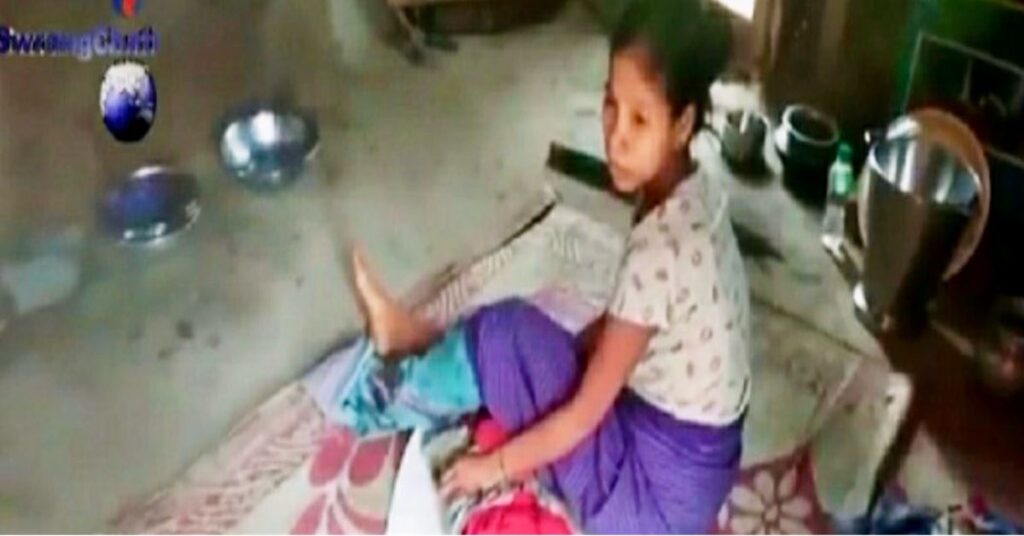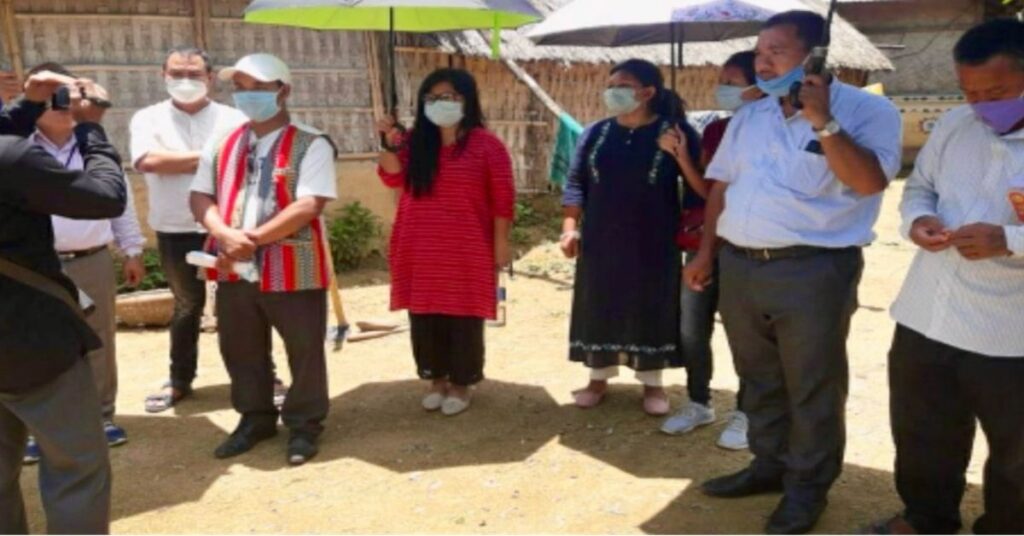
Empowering future: Creating lasting change in Mungiakami
In our unwavering commitment to aiding underserved communities, we encountered a profound and heart-wrenching story during our visit to the Mungiakamu area on July 25, 2020.
A family, joyfully preparing for a ceremony to celebrate the birth of their one-month-old baby, faced an unexpected tragedy. As the event approached, the mother Mrs. Senati Debbarma, along with others, ventured into the jungle to collect bamboo shoots for the celebration. During this time, she was bitten by a venomous snake. Initially, instead of seeking medical help, the family turned to a local Brahmin for traditional treatment at home.
Unfortunately, as her condition worsened, it became evident that immediate medical intervention was necessary. The family rushed her to the local Mungiakamu hospital, where the medical team began treatment. Despite their best efforts, her condition did not improve. Consequently, she was referred to GB hospital for more advanced care. There, the doctors confirmed the severity of her condition and advised that her leg needed to be amputated to save her life and prevent the risk of cancer.
After the amputation, we understood the importance of mobility and independence for the mother. We assured her of our commitment to providing her with an artificial limb, which would cost approximately 1 lakh rupees, offering hope for her rehabilitation and return to a semblance of normalcy. However, before the fitting of the artificial limb could proceed, her wounds needed to be completely healed. The doctors advised regular hospital visits, but the family struggled to comply despite our arrangement for transportation.

Recognizing the urgency of the situation, our team also provided essential support to alleviate their immediate needs. We supplied the family with vital provisions, including milk for the infant, clothing, and other necessities, aiming to ease their burden during this challenging time.
Despite all our efforts and assistance, the mother’s medical process could not be completed due to a lack of educational awareness and faith in medical treatment. This scenario highlights the critical importance of education in empowering individuals to make informed health decisions and underscores our ongoing mission to address these challenges in underserved communities.